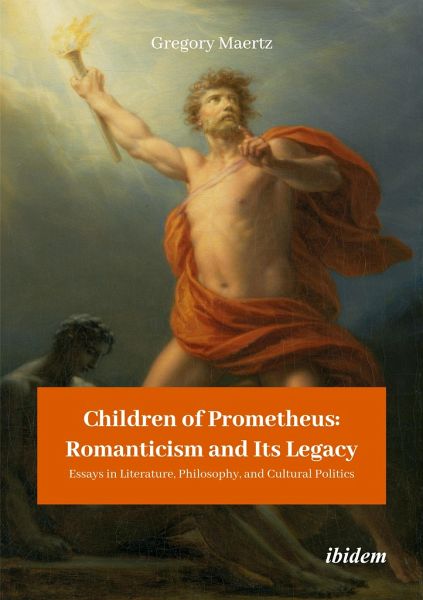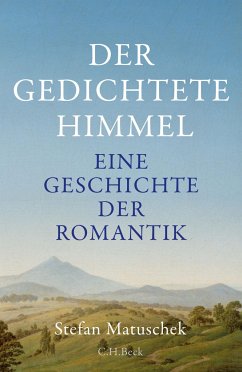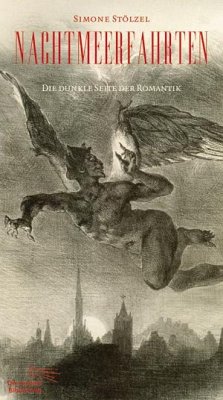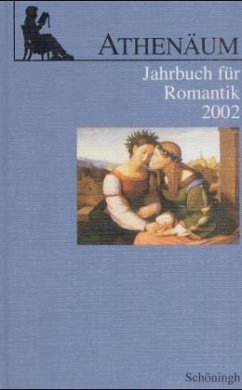
Children of Prometheus: Romanticism and Its Legacy
Versandkostenfrei!
Versandfertig in 6-10 Tagen
29,90 €
inkl. MwSt.
Weitere Ausgaben:

PAYBACK Punkte
0 °P sammeln!
Gregory Maertz has written extensively on Romantic and Modern literature, art, and ideas. In these nine related essays, he investigates the expression of Romanticism in literature, philosophy, and cultural politics from the Renaissance to Modernism. The comparative essays in Part One examine the affinity between the religious logic of Sir Thomas Browne and Søren Kierkegaard; Tolstoy's enduring attraction to Schopenhauer's thought; Rilke's debts to the sculptor Rodin; the identification of an early novel by William Godwin as the chief precursor text to Mary Shelley's Frankenstein; and the corr...
Gregory Maertz has written extensively on Romantic and Modern literature, art, and ideas. In these nine related essays, he investigates the expression of Romanticism in literature, philosophy, and cultural politics from the Renaissance to Modernism. The comparative essays in Part One examine the affinity between the religious logic of Sir Thomas Browne and Søren Kierkegaard; Tolstoy's enduring attraction to Schopenhauer's thought; Rilke's debts to the sculptor Rodin; the identification of an early novel by William Godwin as the chief precursor text to Mary Shelley's Frankenstein; and the corresponding literary projects of Osip Mandelstam, Rilke, and David Jones. In Part Two the essays are clustered around the literary activity of writers and philosophers associated with radicalism in Britain and transcendentalism in America: a reconsideration of the life of William Godwin; the central role played by English radicals in the transmission of German literature; Godwin's innovations in travel fiction; and the crystallization of authorial identity around the influence of Goethe in the work of women writers such as Mary Wollstonecraft, Margaret Fuller, and George Eliot.













